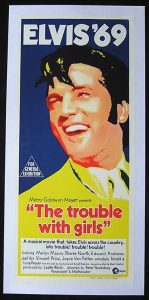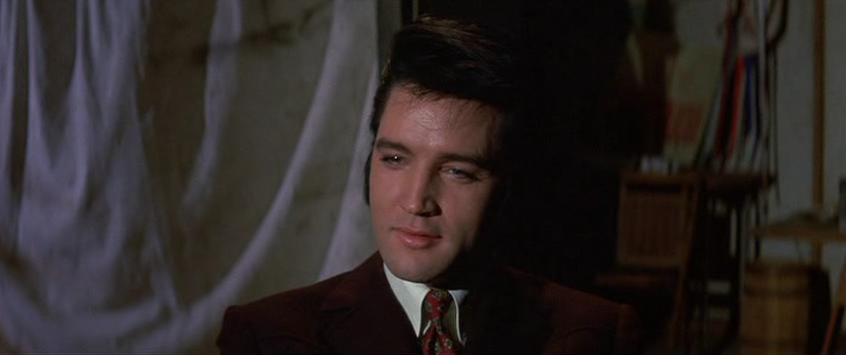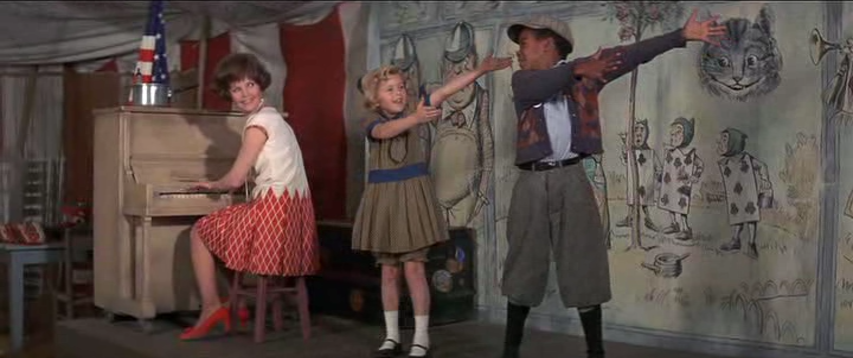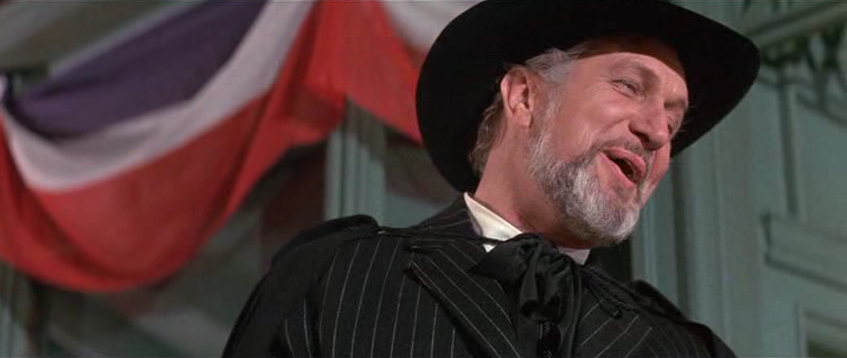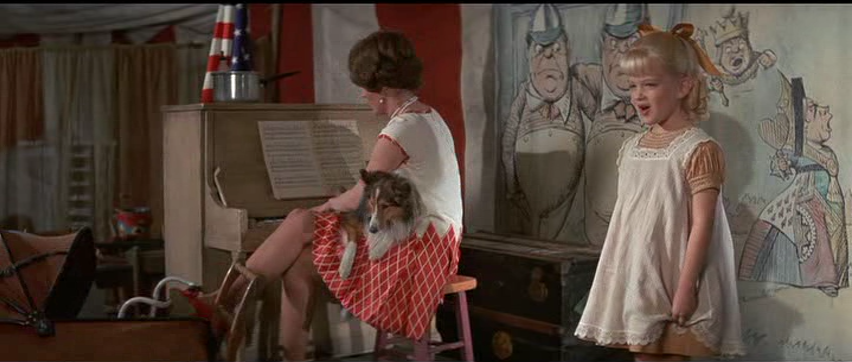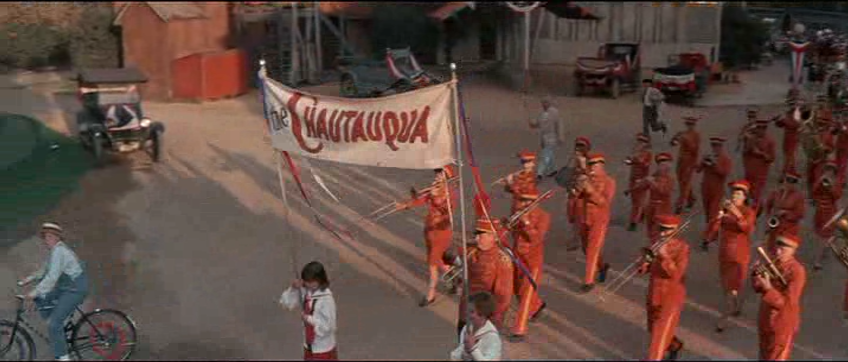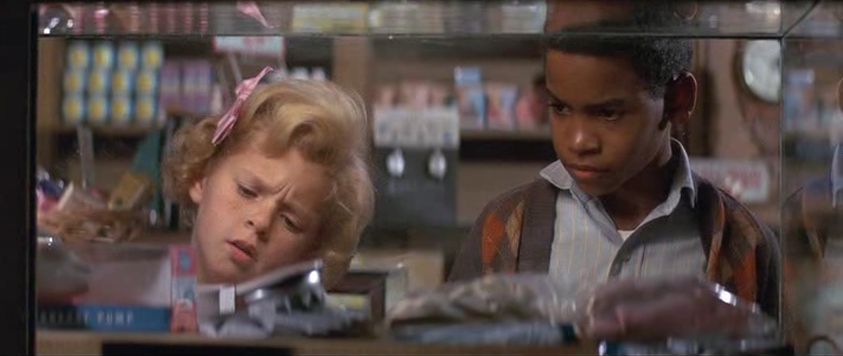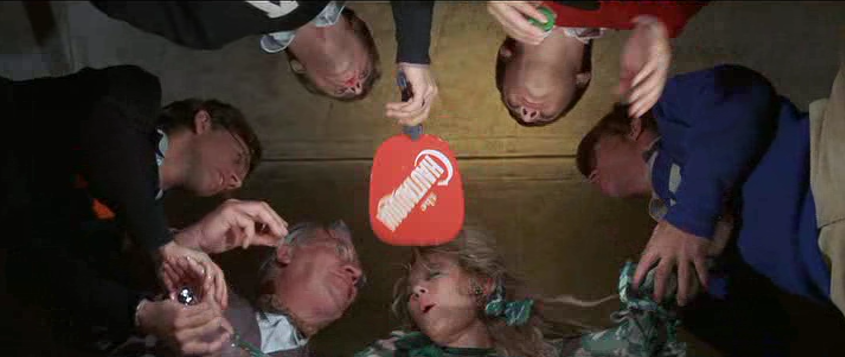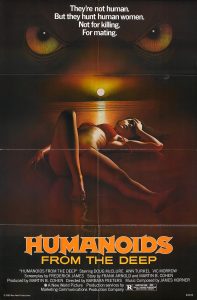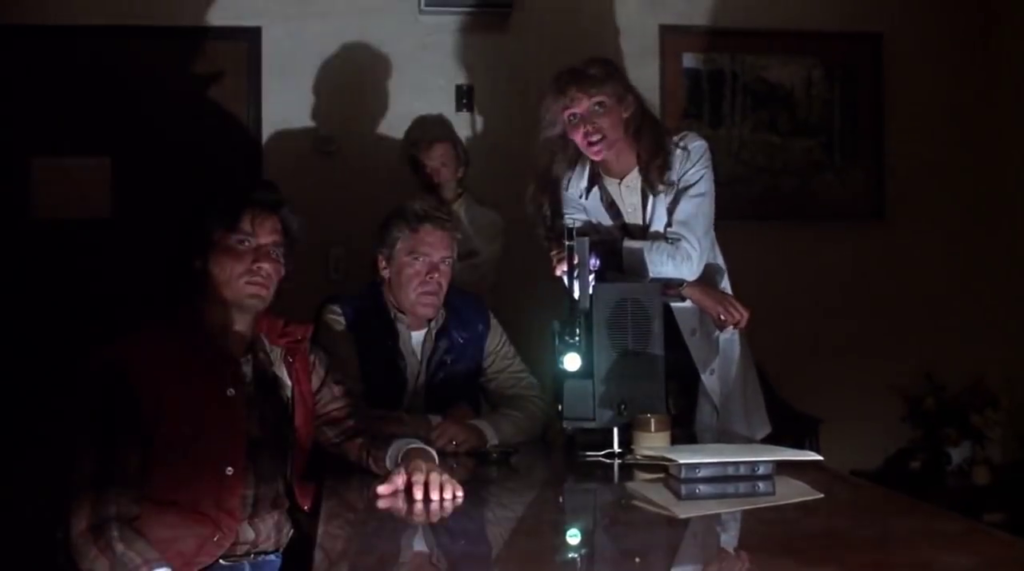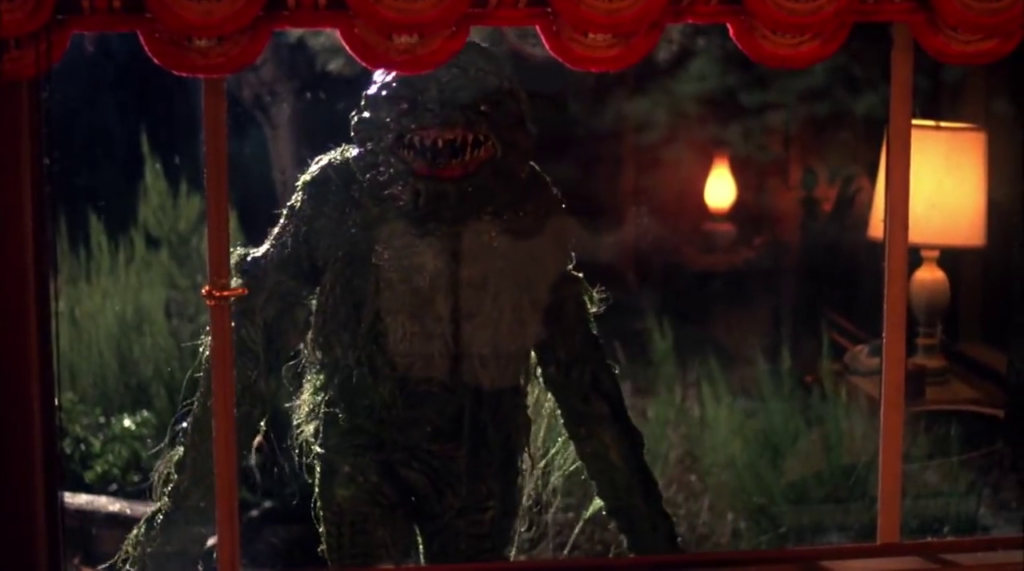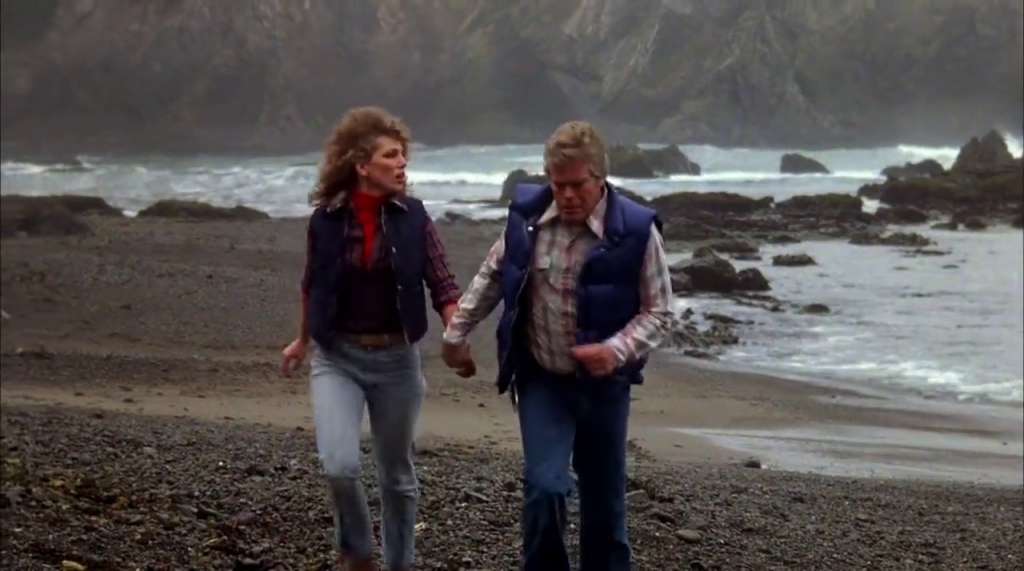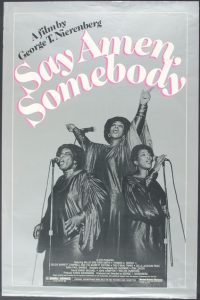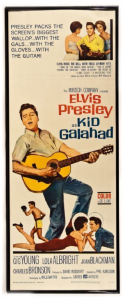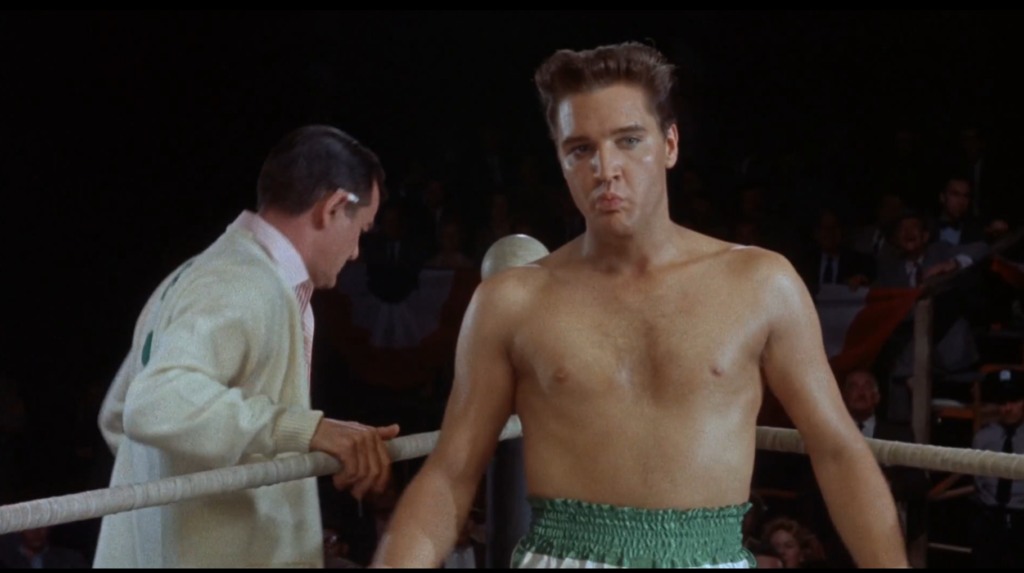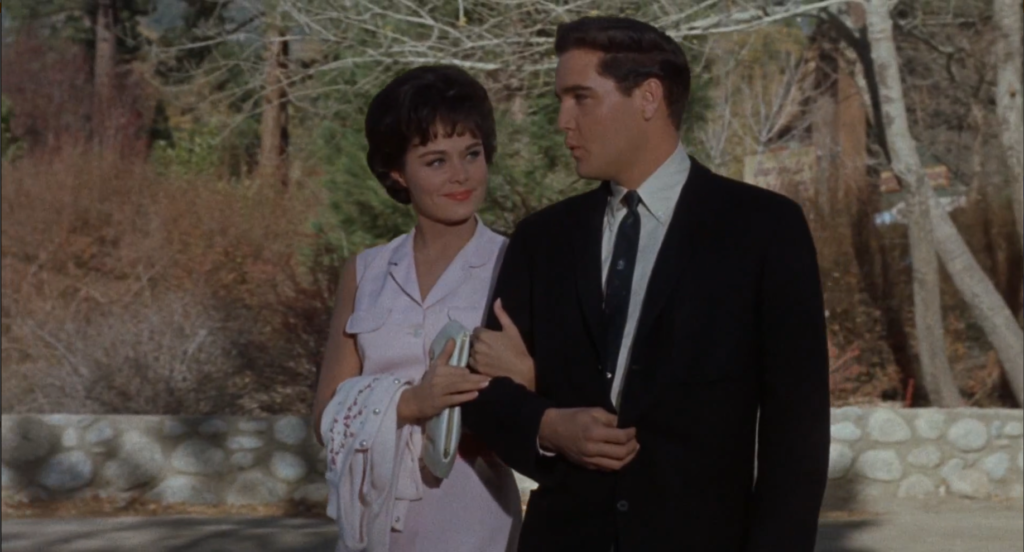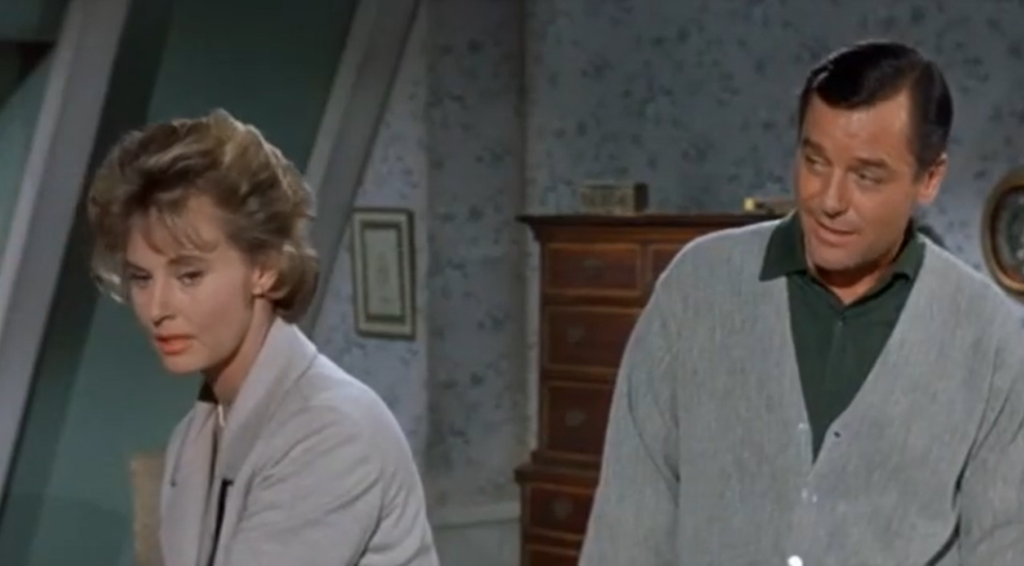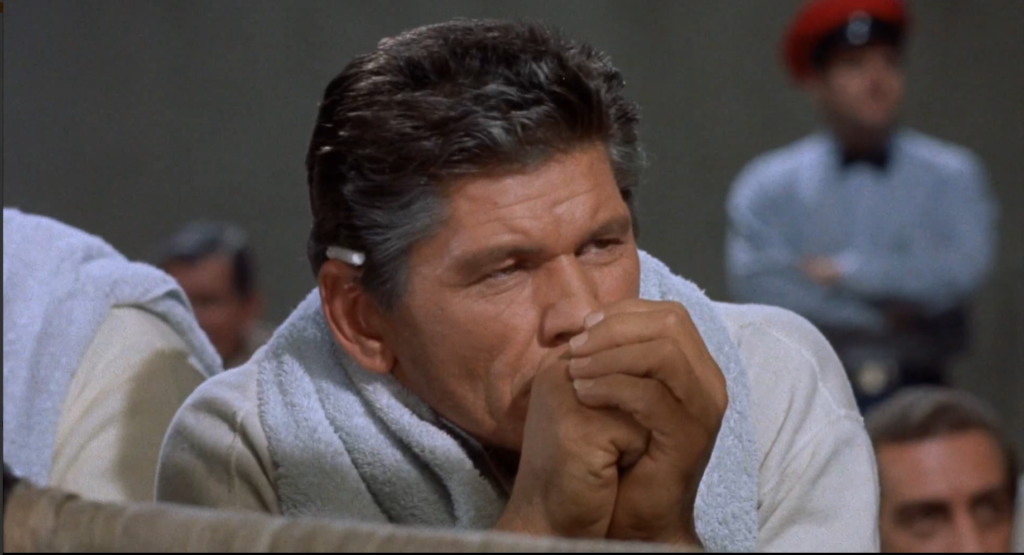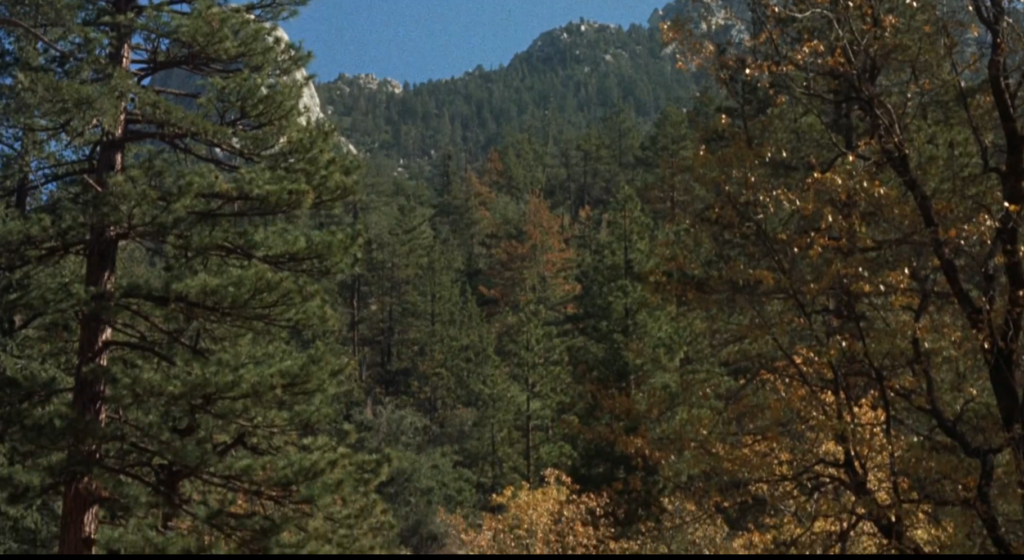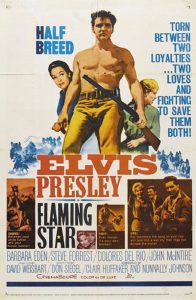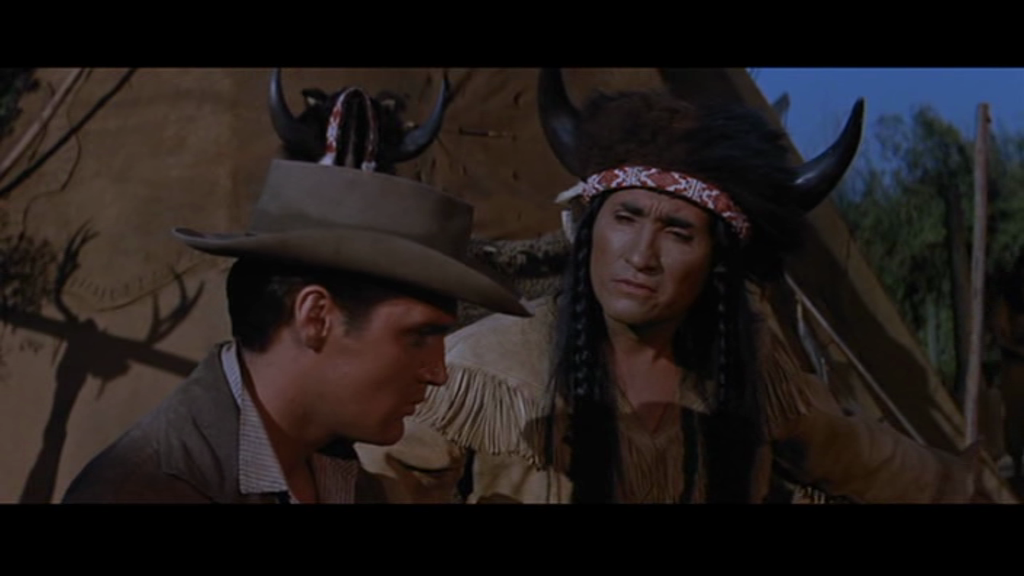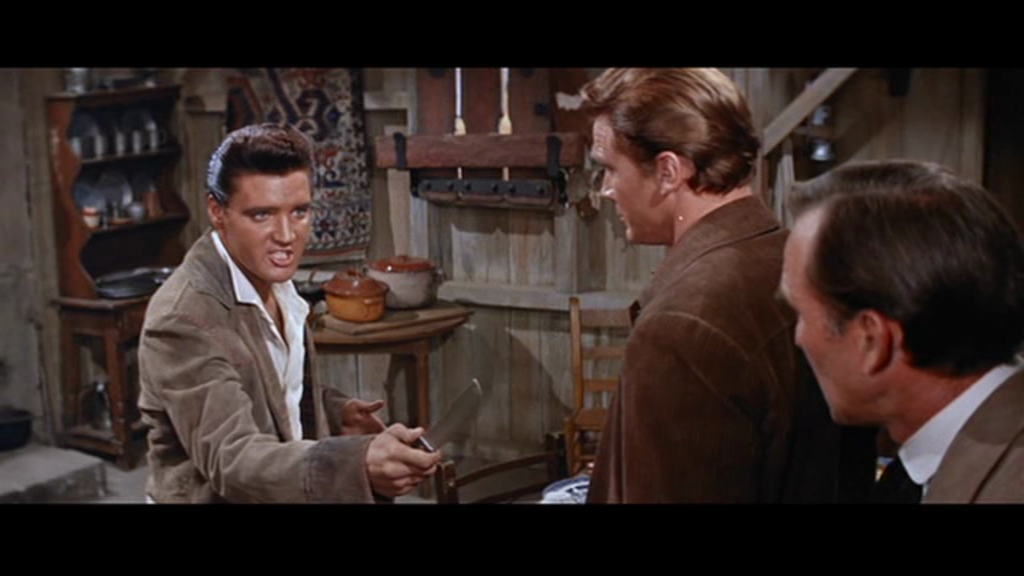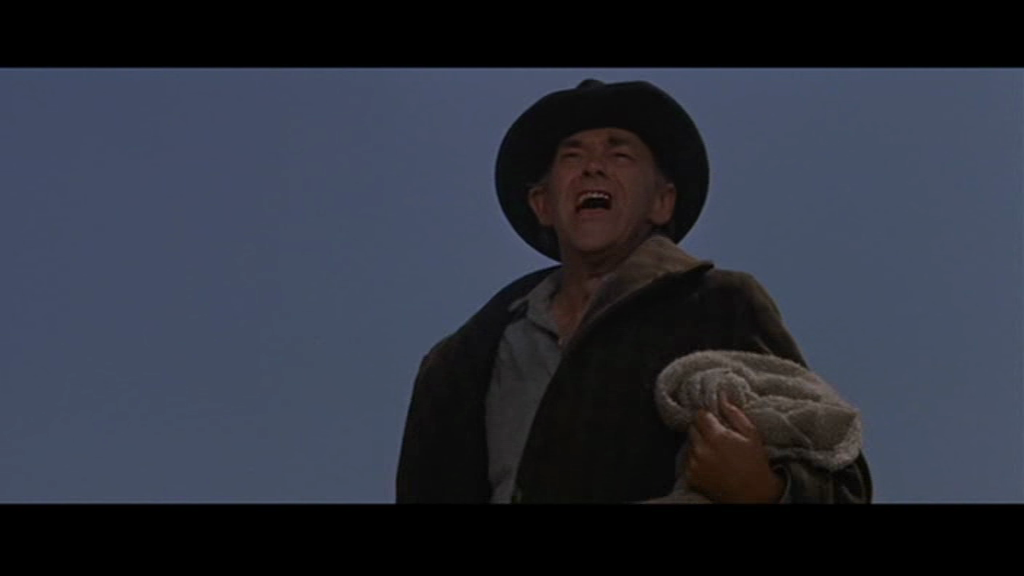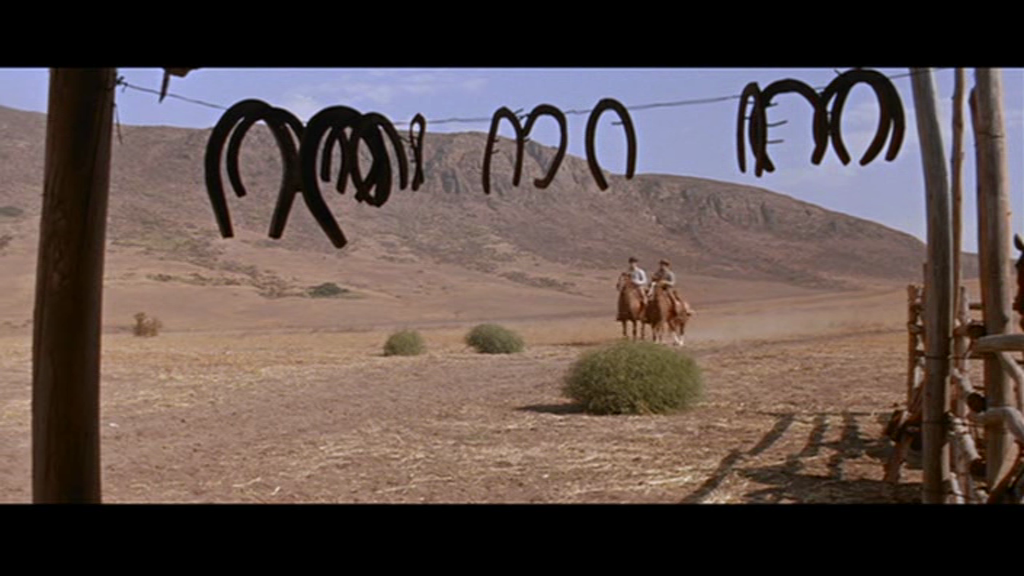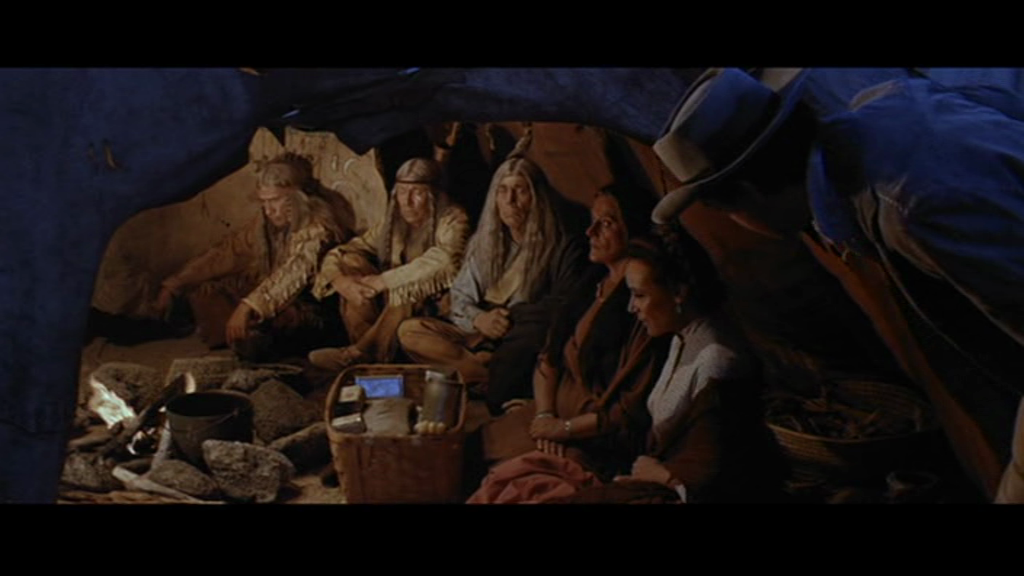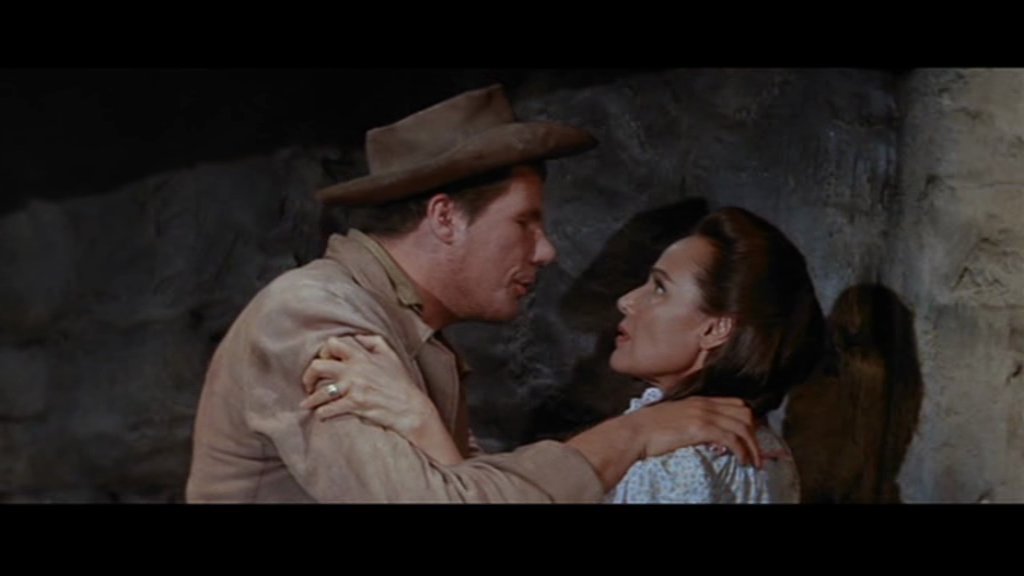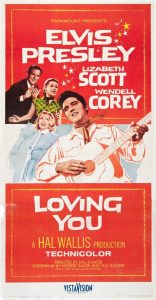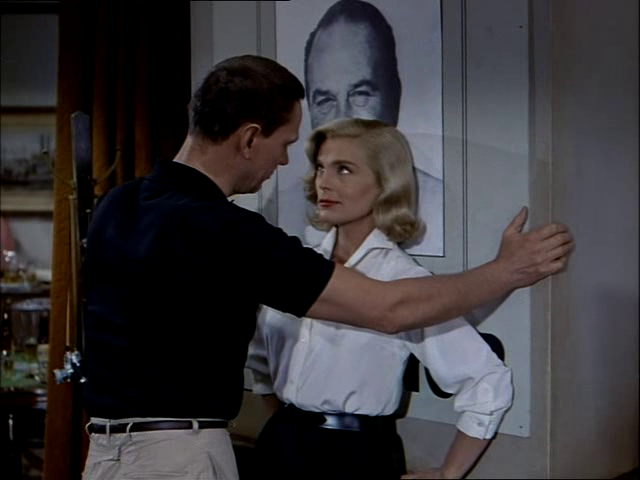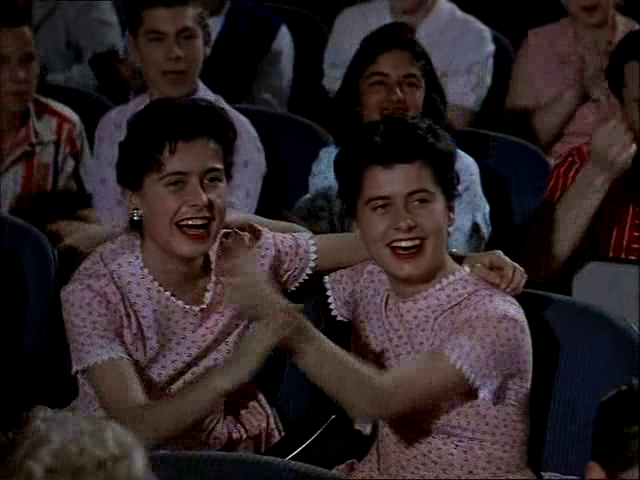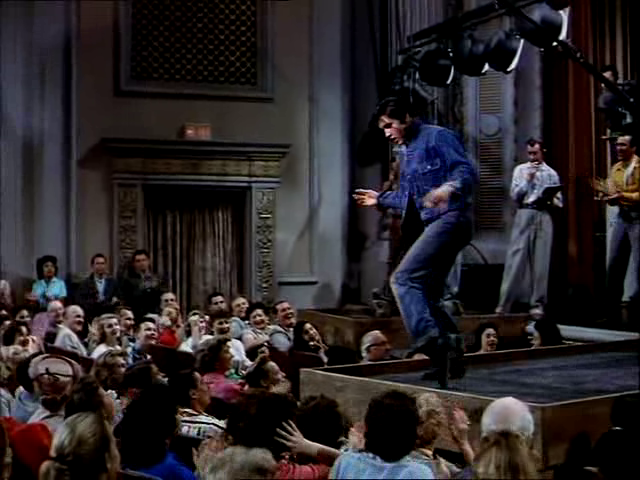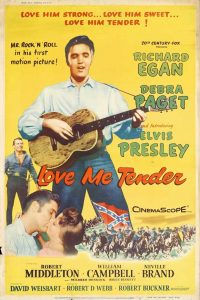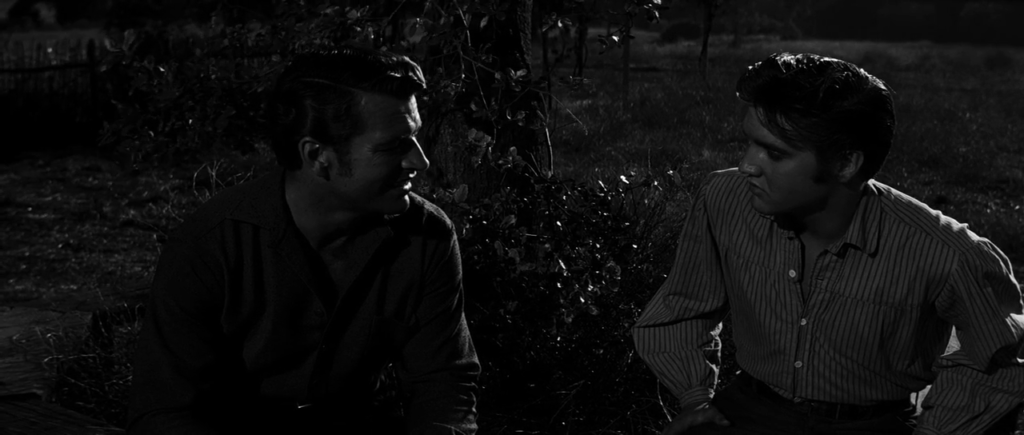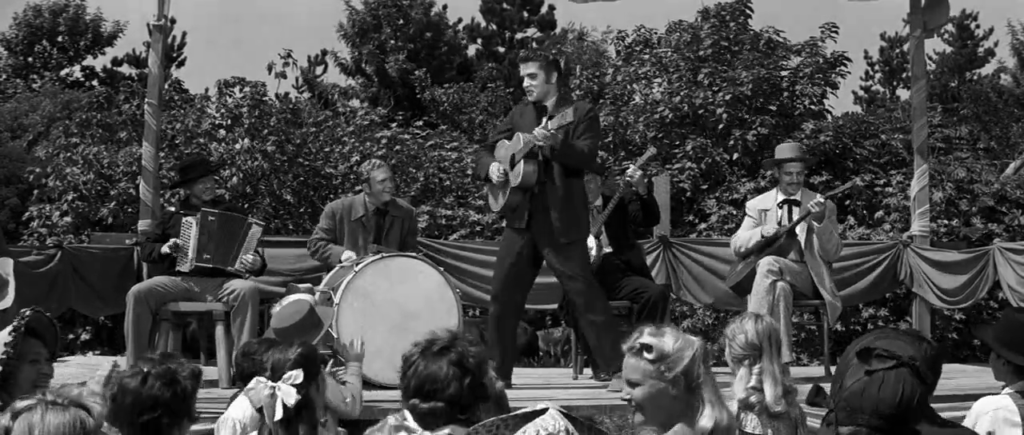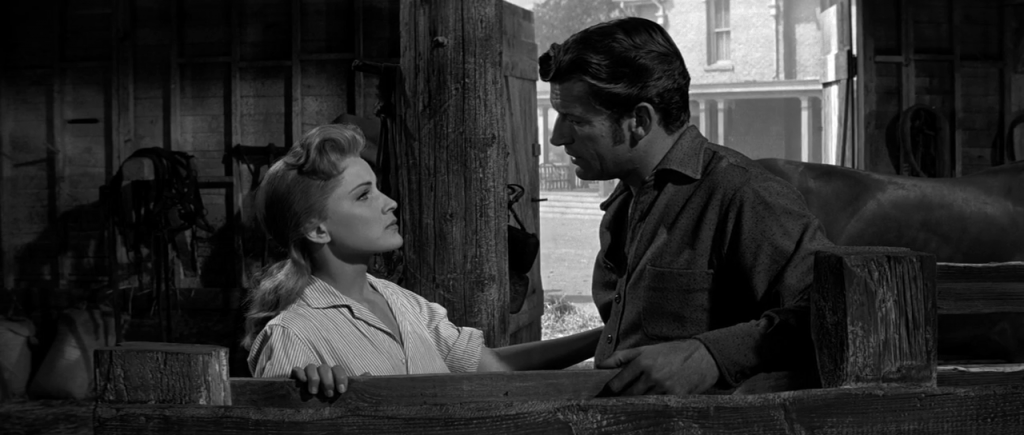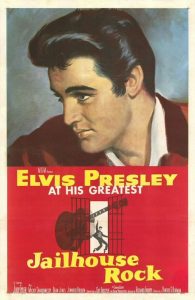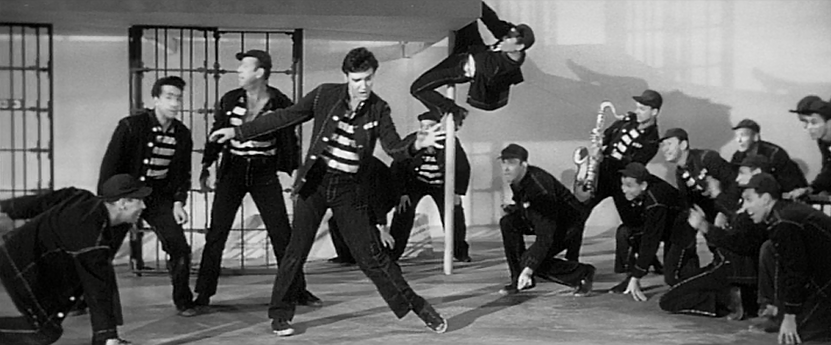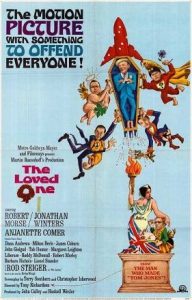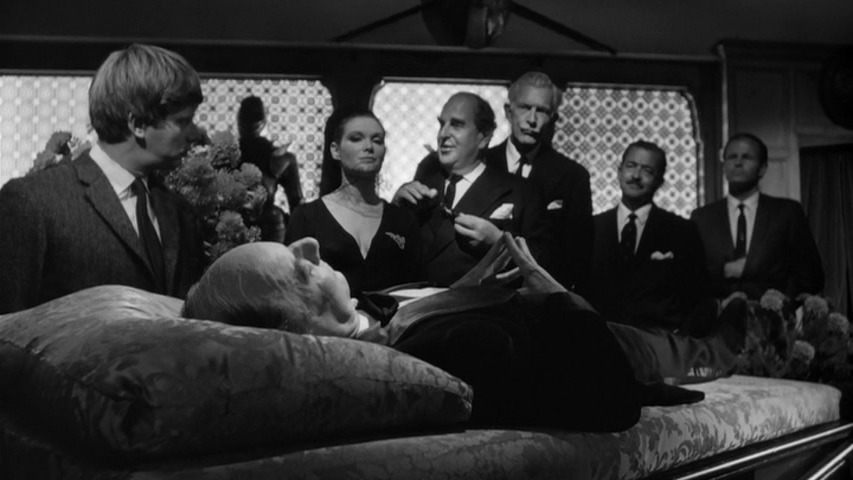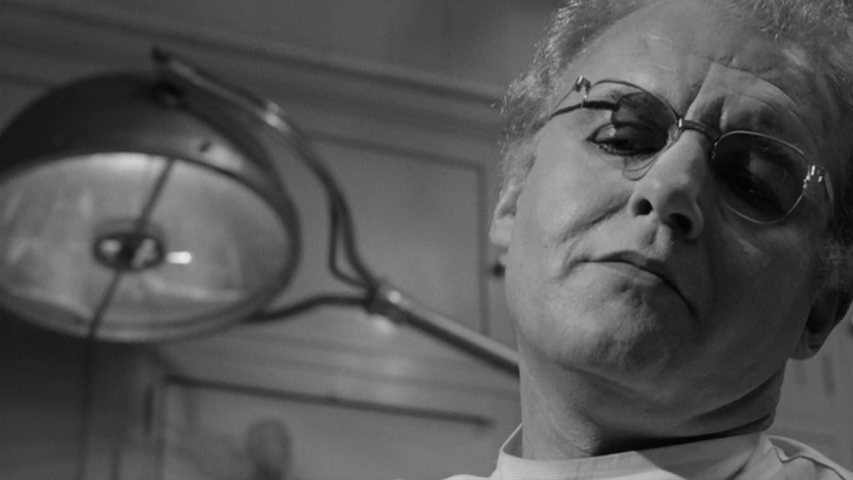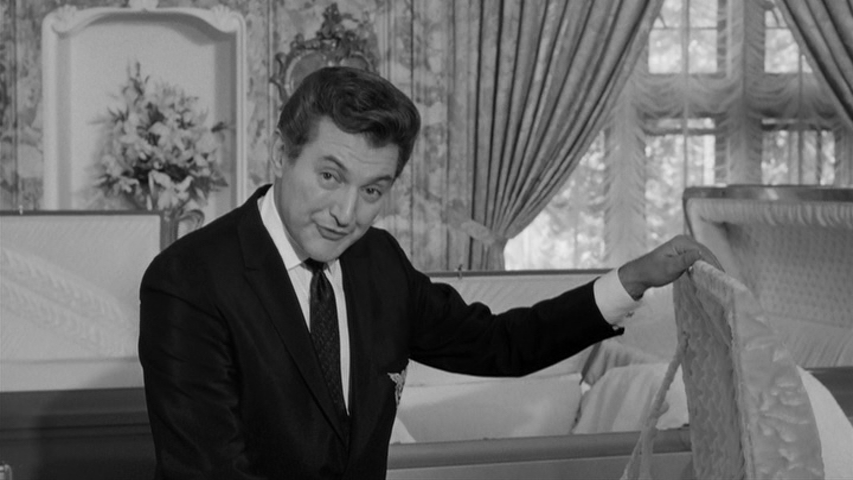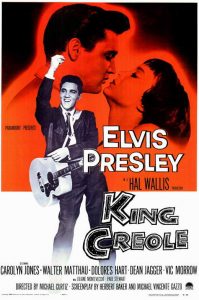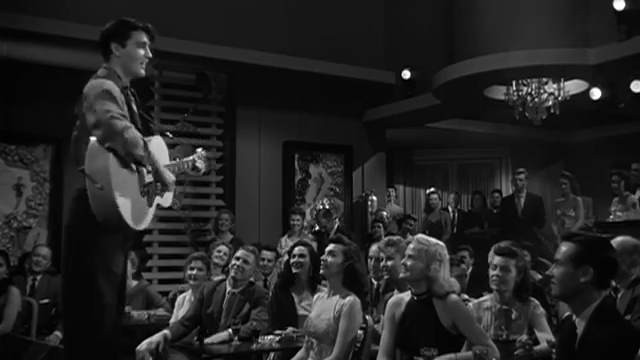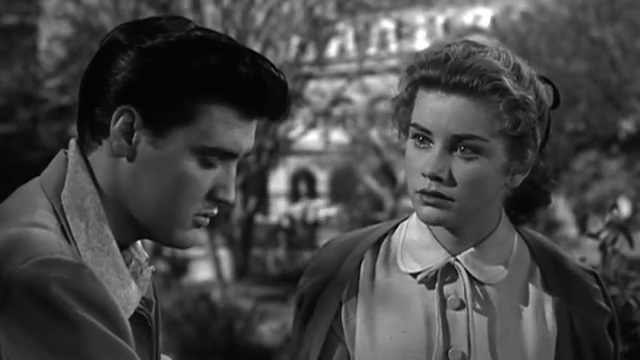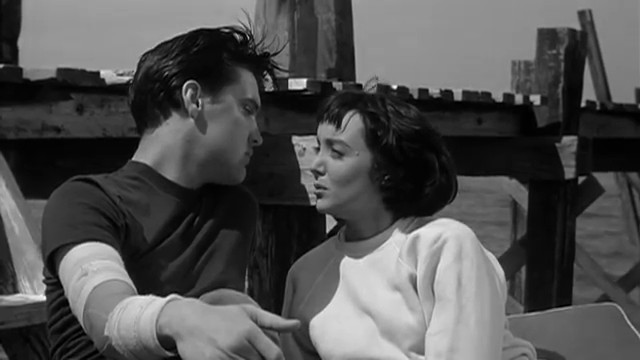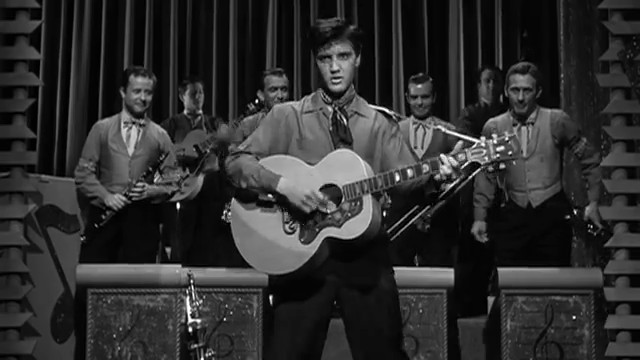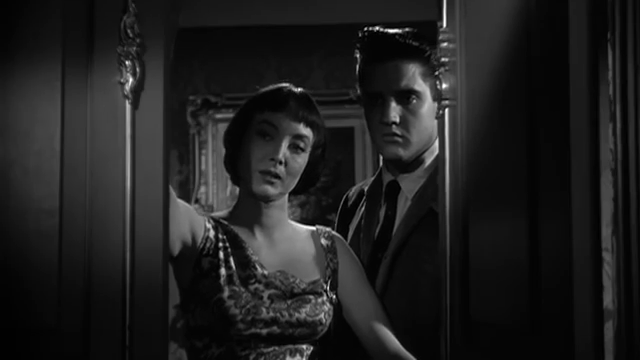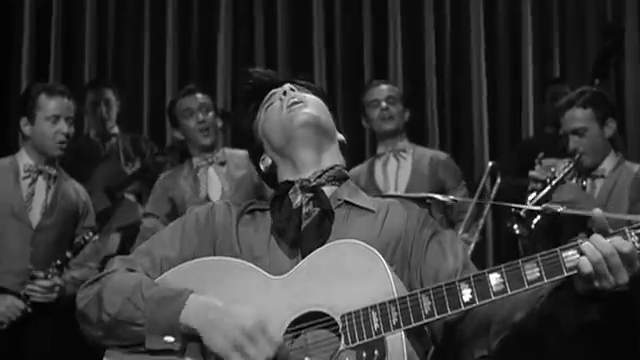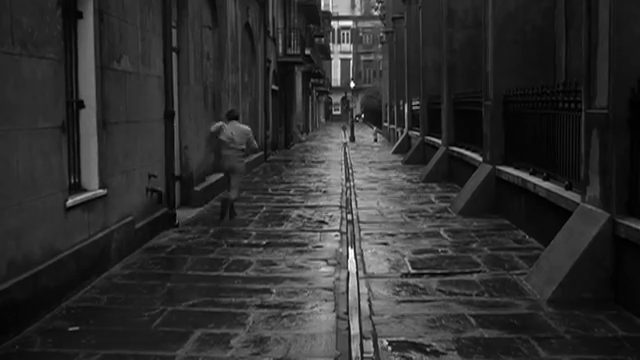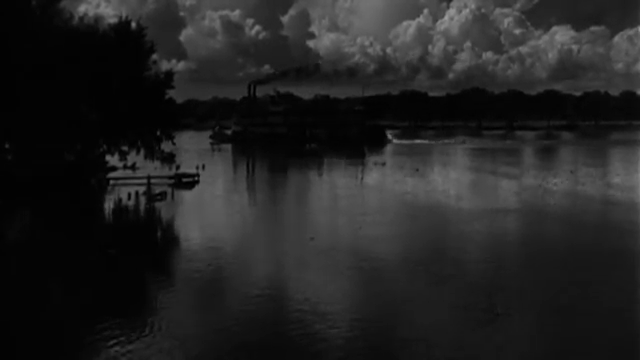|
Genres, Themes, Actors, and Directors:
- African-Americans
- Documentary
- Musicians
- Religious Faith
- Singers
Response to Peary’s Review:
In his review of this “warmhearted documentary by George T. Nierenberg about some of the pivotal figures of gospel music”, Peary writes that it’s “wonderfully uplifting seeing aged gospel icons talk about what it means to sing gospel music”, and that “the music’s founding father, the Reverend Thomas A. Dorsey — who’s as exciting to watch as Little Richard — and semi-retired Queen of Gospel Willie Mae Ford Smith, give highly spirited performances”. He further adds that it’s “good to see the gospel tradition being carried on by the middle-aged Barrett Sisters and others much younger”, and notes it’s “also interesting to watch revealing interviews and some of the cinema-verite footage showing the performers at home.” However, he argues that “the director doesn’t know how to juxtapose the concert material with the chatter, and the film loses momentum and, amazingly, becomes dull”.
While Peary wishes “the young filmmaker had had a veteran around to help him construct this film better — because the proper footage for a stronger film is there”, the film stands on its own as a uniquely structured ethnographic glimpse. It’s far from linear, but perhaps that’s not a necessity; what we see here is a milieu rather than a history per se (though historical information is woven throughout). Peary writes that “gospel music works when the singers transmit their emotions to their listeners (the church congregation)”, and then complains that “every time we really get into the swing of things and feel intoxicated by the music, Nierenberg pauses for a lot of behind-the-scenes chatter” — however, isn’t that precisely the point? Gospel singers — like all artists — have personal lives and beliefs that are impacted by (and shape) their art, and that’s very nicely highlighted here (particularly in reference to gender roles and expectations). On the other hand, Peary’s right that the film could perhaps have benefited from a bit more focus, simply to help us better understand some of these unique and interesting characters.
Redeeming Qualities and Moments:
- Fine ethnographic footage

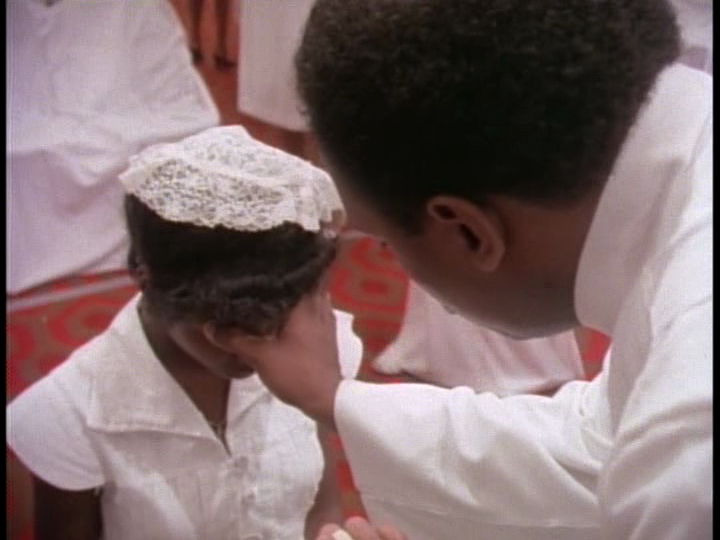 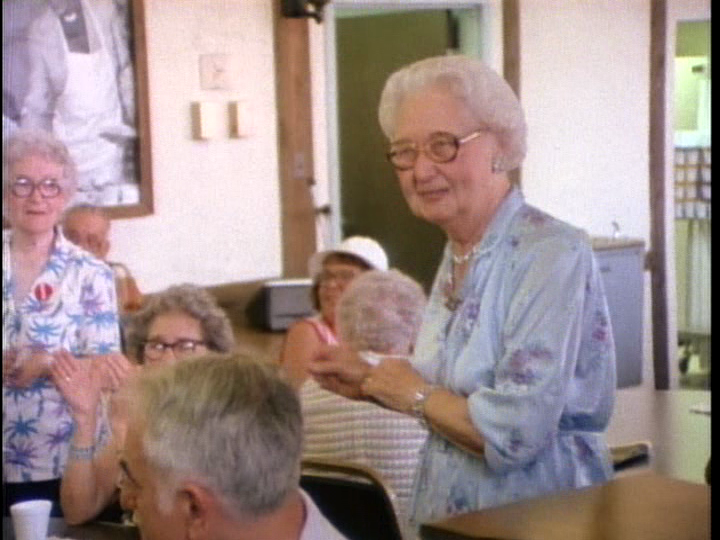
- An interesting glimpse into gender roles and expectations within this historical niche of the gospel world
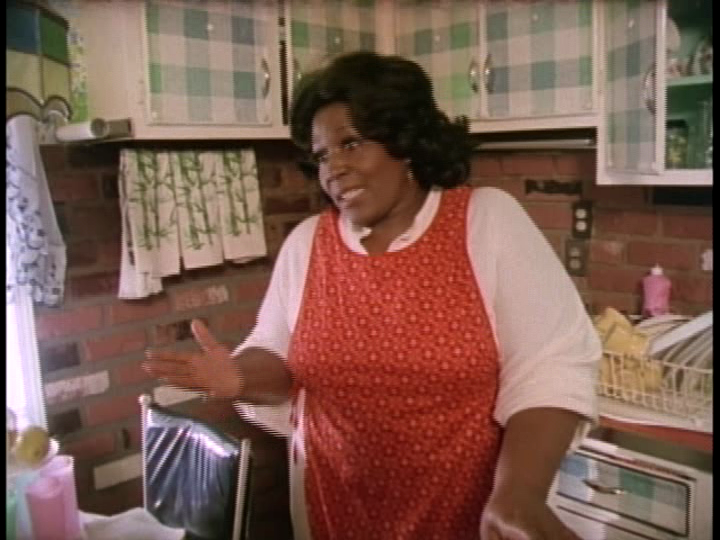
- Many rousing musical performances

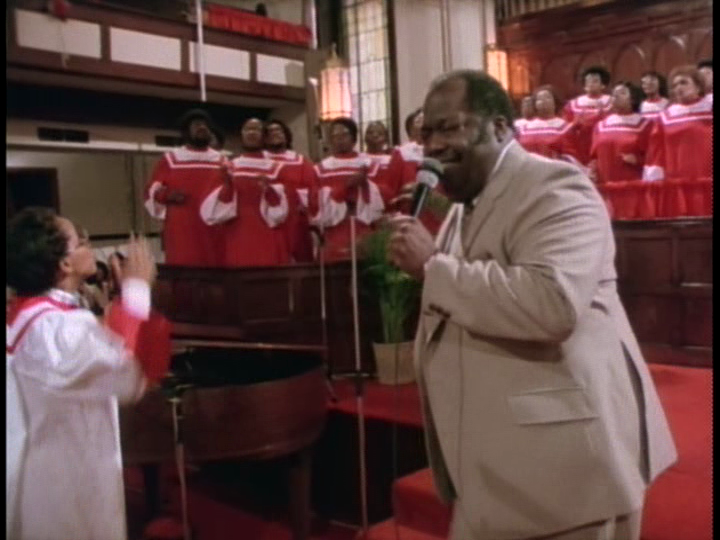
Must See?
No, though it’s certainly recommended.
Links:
|
